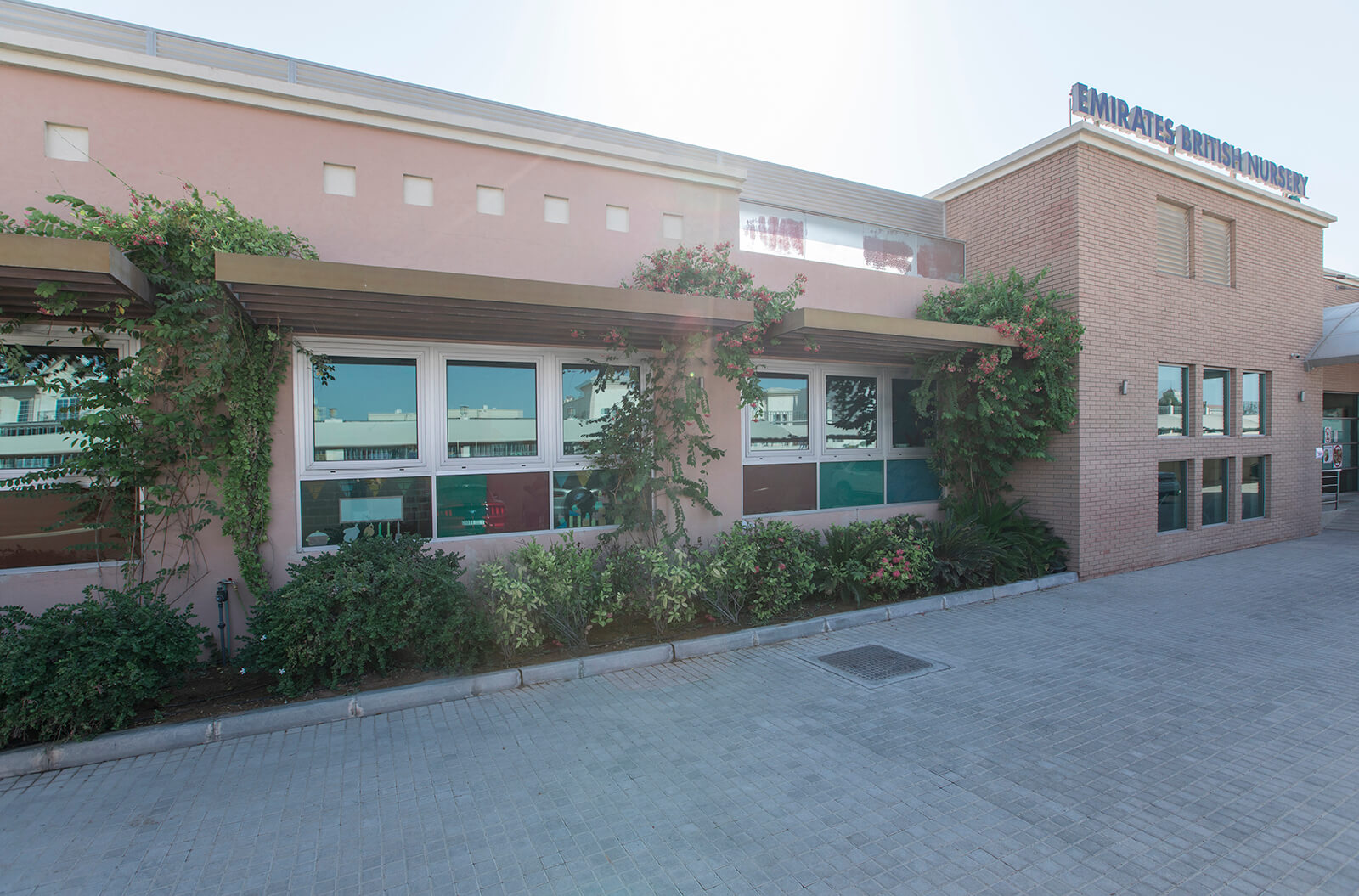In a world where connection and networking are everything, we are here to stress on the importance of social skill development in children. As parents and educators, we understand how significant these skills are in shaping our children’s futures, impacting their relationships, communication abilities, and problem-solving capabilities. Empathy, or the ability to comprehend and share the emotions of others, is important in this developmental journey.
In this article, we will look at the strategies and practices that will help children develop empathy and improve social skills.
What is the Importance of Social Skills Development?
Before we dive deep into the importance, let us first understand what we mean by social skills for children.
Defining Social Skills
Social skills are a comprehensive set of qualities that allow people to properly engage with others. These abilities include but are not limited to verbal and nonverbal communication, empathy, collaboration, and dispute resolution. For youngsters, developing these abilities is critical for navigating social situations, creating meaningful connections, and succeeding academically and personally.
Why Build Social Skills for Children?
Now that we understand the concept better, let’s get into why building social skills in children is crucial for their overall development and future success. Here are some key benefits:
- Emotional Intelligence: Social skills help children understand and manage their own emotions, allowing them to build strong relationships and work through social situations with empathy and self-awareness.
- Confidence and Self-Esteem: As children develop the ability to interact with others, they gain confidence in themselves, furthering their ability to contribute to group settings. This leads to higher self-esteem.
- Communication Skills: As they learn to express themselves clearly and listen to others, children build important communication skills for better personal and professional relationships.
- Problem-Solving and Conflict Resolution: Social skills allow children to gain the ability to resolve conflicts amicably and find solutions through cooperation and negotiation.
- Building Friendships: Socially skilled children find it easier to make friends, which enriches their lives and provides a supportive network during challenging times.
- Teamwork and Collaboration: Children who develop social skills are able to collaborate better, improving a sense of community and teamwork in various settings, including sports, school projects, and other group activities.
- Resilience and Adaptability: Socially adept children are highly adaptable to new environments and bounce back from challenges, making them more resilient.
- Cultural Awareness and Tolerance: Social skills help children to interact with people from diverse backgrounds, promoting cultural awareness and teaching tolerance and respect for differences.
The Connection Between Empathy and Social Skills
Understanding Empathy
Empathy is one of the most important characteristics of human social interaction because it allows us to understand and respond to the emotions of others. More specifically, empathy consists of two fundamental components: the ability to understand the other person’s feelings, perspective-taking, and exhibiting care and compassion.
Enhancing Social Skills Through Empathy
- Empathy is one of the abilities required for social competency, along with taking other people’s perspectives, cooperating, and managing emotions. In this way, children who acquire this talent become more sensitive to the sentiments and needs of others, resulting in stronger social relationships and a greater sense of belonging.
- Empathy also leads to a more prosocial orientation, such as sharing resources, helping, and calming others, characteristic of supportive and inclusive social climates.
How to Improve Social Skills in a Child?
Building social skills in children requires expertise and patience. Let’s dive into how.
Incorporating Play-Based Learning
Play and social skills go hand in hand when it comes to children. Play is a natural and strong tool for developing social skills and empathy in children. Through imaginative play, role-playing situations, and cooperative games, children learn to negotiate social dynamics, communicate effectively, and work with their peers. Teachers may help young learners develop empathy and social competency by allowing for unstructured play and directed social interactions.
Emphasising Emotional Literacy
Emotional literacy is the ability to recognise, comprehend, and express one’s emotions while empathising with the feelings of others. Educators may help children develop emotional literacy by teaching them how to recognise and define their emotions, validate their experiences, and build appropriate coping mechanisms. When children are given a caring and emotionally flexible atmosphere, they learn to manage their emotions better, communicate more effectively, and empathise with the experiences of others.
Practising Perspective-Taking
Putting yourself in the shoes of another person and viewing the world through their eyes is what perspective-taking involves. Educators may teach children to examine various views, recognise the range of experiences, and empathise with the ideas and feelings of others by leading guided activities and conversations. Children learn better tolerance, empathy, and awareness of all aspects of human experience as a result of empathy and understanding training.
Promoting Positive Communication
Effective communication is vital for establishing and sustaining successful relationships. Educators may teach children important communication skills including active listening, assertiveness, and conflict resolution. By modelling effective communication methods and giving chances for practice, children learn to express themselves clearly, advocate for their needs, and handle interpersonal situations constructively.
Why Choose Emirates British Nursery for Your Child’s Social Skills Development?
Integrating Empathy-Building Practices
At the Emirates British Nursery, empathy is a priority. Our programme includes empathy-building exercises that encourage kindness, compassion, and respect, through storytelling, role-playing, and collaborative projects.
Nurturing a Supportive Environment
We provide a compassionate and supportive atmosphere where children feel cherished, respected, and encouraged to learn and grow. Our skilled team promotes an environment of empathy and acceptance, allowing children to express themselves genuinely, enjoy diversity, and accept individual differences.
Following a Comprehensive Framework
Emirates British Nursery follows the Early Years Foundation Stage (EYFS) framework and the British National Curriculum, offering a complete and balanced approach to child development. Our curriculum emphasises children’s holistic development, including physical, cognitive, social, and emotional dimensions.
Experienced and Dedicated Staff
Our instructors are dedicated to offering excellent care and instruction. We keep up with the newest research and best practices via continual professional development. They use this professional knowledge in child development to design fun activities that enhance social, emotional, and cognitive growth.
Convenient Access to Quality Education
The nursery offers four branches in Dubai that provide convenient, high-quality early childhood education. The contemporary facilities, indoor and outdoor play areas, engaging learning materials, and entertaining extracurricular activities, create a secure and inviting atmosphere for children to explore, discover, and learn at their own speed.
Conclusion
To summarise, teaching empathy and developing social skills in children are critical components of early childhood education. By focusing on these abilities, parents and educators may help children manage social difficulties, form meaningful connections, and achieve in school and beyond.
If you are looking for the best nursery in Dubai, Emirates British Nursery stands for quality in early childhood education, providing a loving and inclusive atmosphere in which all children may thrive. We encourage parents to pick Emirates British Nursery as the ideal option for their child’s social skill development and overall early childhood experience.
This article is written by a third party.



